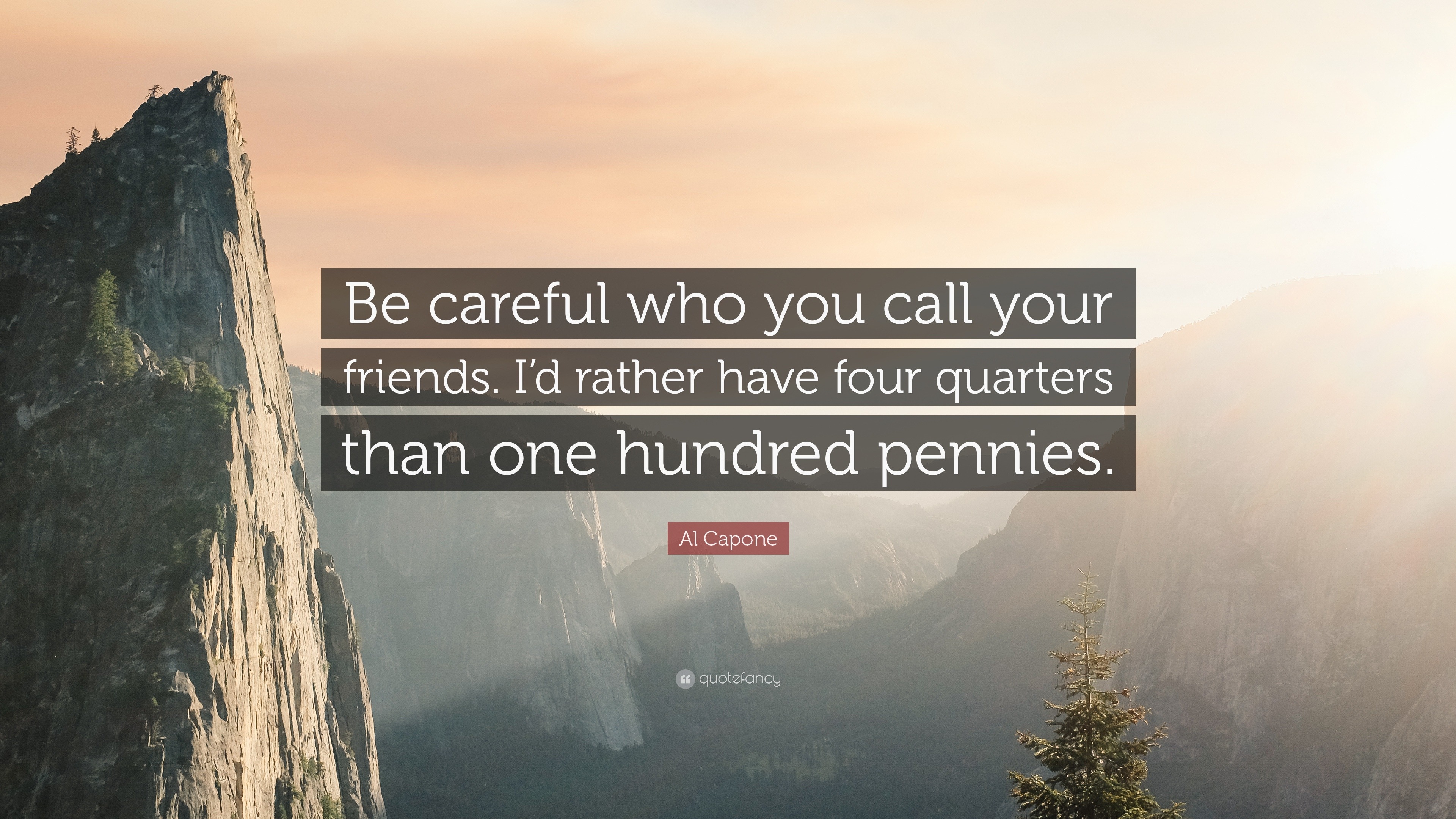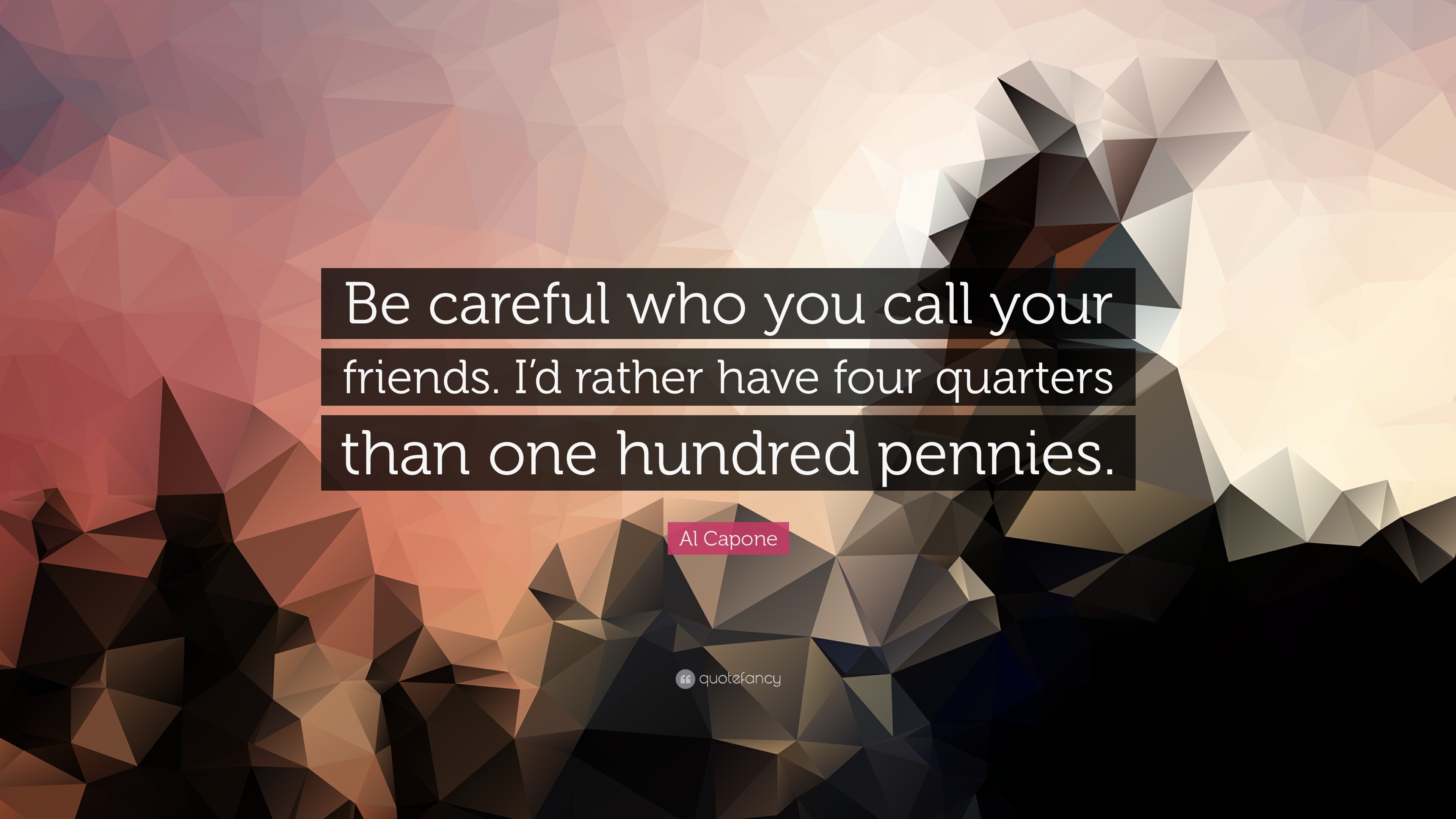Hey there, friend. Let’s talk about something we’ve all done at some point in our lives—calling someone an "oomf." It’s a term that’s thrown around casually, often without much thought. But have you ever stopped to consider the weight of those two little words? Be careful who you call oomf, because it could lead to more than just a funny moment. It might open up a whole can of worms you didn’t expect.
You’ve probably seen it on social media, heard it in conversations, or even used it yourself. The phrase "oomf" has become a playful way to describe someone who’s got that certain je ne sais quoi—a vibe that makes them stand out. But here’s the thing: not everyone appreciates being labeled, no matter how harmless it seems. So, before you go around dropping that term, take a second to think about what it really means.
This isn’t just about being politically correct; it’s about being respectful. In a world where words carry so much power, we owe it to ourselves and others to use them wisely. And that’s exactly what we’re going to dive into today. So, buckle up, grab a snack, and let’s explore why you should be careful who you call oomf.
- Christina Hall Nude Understanding The Controversy And The Importance Of Privacy
- Discover The World Of Xxx Small Girl A Comprehensive Guide
Before we jump into the nitty-gritty, let’s get a quick overview of what’s coming up. Here’s a handy table of contents to guide you through this article:
- What is Oomf?
- Why Does It Matter?
- The Biological Perspective
- The Psychological Impact
- Social Media Influence
- When Should You Use It?
- How to Avoid Offense
- Real-Life Examples
- Alternatives to Oomf
- Final Thoughts
What is Oomf?
Let’s start with the basics. What exactly is an "oomf"? Well, if you’re into slang, you know it’s short for "object of my affection." It’s a term that’s gained popularity over the years, especially among younger generations. But it’s not just about crushes or admiration. It’s about recognizing someone who catches your attention in a unique way.
Now, here’s the kicker: calling someone an oomf isn’t always a compliment. Sure, it can be, but it can also come across as dismissive or even objectifying. And that’s where things get tricky.
- Best Remote Iot Vpc Ssh Raspberry Pi Free Setup Guide
- Madelyn Cline Nude Understanding The Controversy And Setting The Record Straight
The Origin
Like most slang terms, "oomf" has its roots in internet culture. It started as a playful way to express attraction, but over time, it’s evolved into something more complex. Some people use it as a term of endearment, while others see it as a way to reduce someone to their physical appearance.
Why Does It Matter?
Here’s the thing: language shapes how we think and how we interact with the world. When we use words like "oomf," we’re sending a message—whether we realize it or not. And that message can have real-world consequences.
Think about it. If you call someone an oomf, are you appreciating them for who they are, or just for how they look? Are you adding value to the conversation, or are you perpetuating harmful stereotypes? These are questions worth asking.
The Consequences
Using terms like "oomf" casually can lead to misunderstandings, hurt feelings, and even conflicts. It’s not just about being polite; it’s about being considerate. And in today’s world, where communication is more important than ever, we need to be mindful of the words we choose.
The Biological Perspective
Let’s get scientific for a moment. From a biological standpoint, attraction is a complex process that involves hormones, emotions, and social cues. When we call someone an oomf, we’re tapping into that primal urge to find someone attractive. But here’s the thing: biology doesn’t tell the whole story.
We’re more than just our biology. We’re individuals with thoughts, feelings, and experiences. And when we reduce someone to just their physical appearance, we’re missing out on the full picture.
The Neuroscience Behind Attraction
Research has shown that attraction is influenced by a variety of factors, including pheromones, facial symmetry, and even shared interests. But it’s not just about what we see on the surface. Our brains are wired to seek out connections, and those connections go beyond physical attraction.
The Psychological Impact
Now, let’s talk about the psychological side of things. When someone is labeled as an "oomf," it can have a lasting impact on their self-esteem and identity. On one hand, it can be a confidence boost. On the other hand, it can lead to feelings of objectification and inadequacy.
Studies have shown that people who are constantly judged based on their appearance are more likely to experience anxiety and depression. So, while calling someone an oomf might seem like a harmless joke, it can have serious consequences.
Self-Esteem and Identity
Self-esteem is a delicate thing. It’s shaped by our experiences, relationships, and the way we perceive ourselves. When we’re labeled in a certain way—whether positively or negatively—it can affect how we see ourselves. And that’s why it’s so important to be mindful of the words we use.
Social Media Influence
Let’s face it: social media has changed the way we communicate. Platforms like TikTok, Instagram, and Twitter have made it easier than ever to share our thoughts and opinions. But with great power comes great responsibility.
When we post something online, we’re not just sharing it with our friends. We’re sharing it with the world. And that means we need to be extra careful about the words we choose. Calling someone an oomf might get you likes and comments, but it could also hurt someone’s feelings.
Online Etiquette
Here’s a quick tip: before you post something online, ask yourself if it’s something you’d say in person. If the answer is no, maybe it’s best to keep it to yourself. Social media is a powerful tool, but it’s also a double-edged sword.
When Should You Use It?
Alright, so we’ve talked about the potential pitfalls of using the term "oomf." But is there ever a time when it’s okay to use it? The answer is yes—but with caution.
If you’re using it in a lighthearted, playful way with someone who understands the context, it can be harmless. But if you’re using it to describe someone you don’t know, or someone who might take offense, it’s probably best to avoid it.
Context Matters
Here’s the thing: context is everything. The same word can mean something completely different depending on the situation. So, before you call someone an oomf, take a moment to consider the context. Are you in a private conversation, or are you in a public setting? Is the person you’re talking about comfortable with being labeled?
How to Avoid Offense
Now that we’ve covered the basics, let’s talk about how to avoid offending someone when using the term "oomf." It’s all about being respectful and considerate.
- Know your audience
- Be mindful of the context
- Ask for permission if you’re unsure
- Use alternatives if necessary
Remember, it’s not about being perfect; it’s about being thoughtful. And that’s something we can all strive for.
Practical Tips
Here are a few practical tips to help you navigate the world of slang:
- Do your research before using a term you’re unfamiliar with
- Be open to feedback and willing to learn
- Apologize if you accidentally offend someone
Real-Life Examples
Let’s look at some real-life examples of how the term "oomf" has been used—and misused—in the past. These stories can help us understand the impact of our words and how to use them more responsibly.
Example 1: A friend jokingly calls another friend an oomf during a group chat. The friend laughs it off, and no harm is done.
Example 2: Someone uses the term "oomf" in a public post without realizing the potential impact. The post goes viral, and the person receives backlash for their choice of words.
Learning from Mistakes
Mistakes happen. The important thing is to learn from them and do better moving forward. If you’ve ever used the term "oomf" in a way that might have hurt someone, take a moment to reflect on why it happened and how you can prevent it in the future.
Alternatives to Oomf
If you’re looking for alternatives to the term "oomf," there are plenty of options. Here are a few ideas:
- Bae
- Crush
- Sweetheart
- Love
These terms might not be as trendy, but they carry a lot more weight—and respect.
Why Choose Alternatives?
Using alternative terms shows that you’re thoughtful and considerate. It shows that you care about the people around you and the impact of your words. And in a world where communication is everything, that’s a pretty big deal.
Final Thoughts
So, there you have it—a comprehensive guide to why you should be careful who you call oomf. It’s not just about being politically correct; it’s about being respectful and mindful. In a world where words carry so much power, we owe it to ourselves and others to use them wisely.
Before I go, I want to leave you with a challenge. The next time you’re tempted to call someone an oomf, take a moment to think about why you’re doing it. Is it really necessary? Is it adding value to the conversation? If the answer is no, maybe it’s best to keep it to yourself.
And remember, this isn’t just about one word. It’s about the way we communicate and the impact we have on the world around us. So, let’s all do our part to make the world a little kinder, one word at a time.
Thanks for reading, and don’t forget to share your thoughts in the comments below. Until next time, stay awesome!
- Exploring Movierulz Ullu A Comprehensive Guide To The Controversial Movie Streaming Platform
- Lyra Crow Leaks Unveiling The Truth Behind The Controversy


